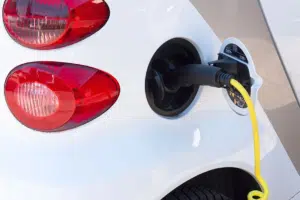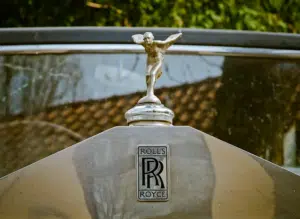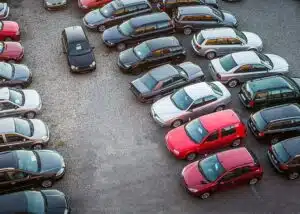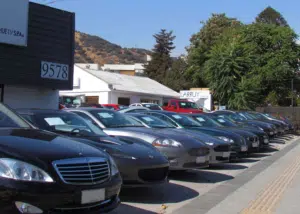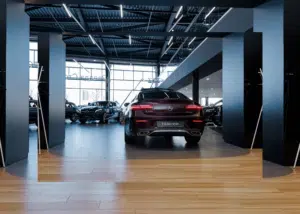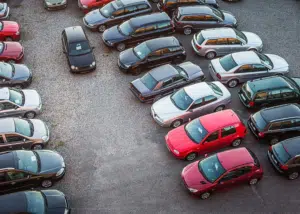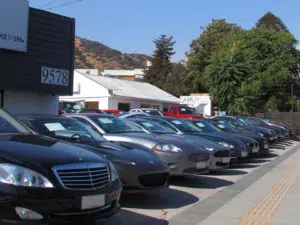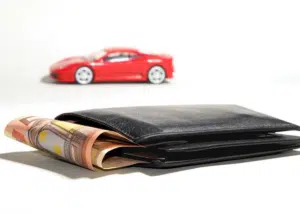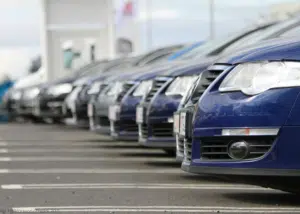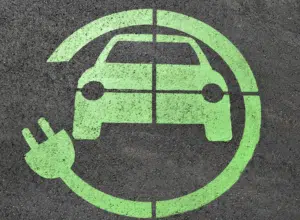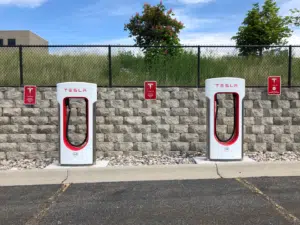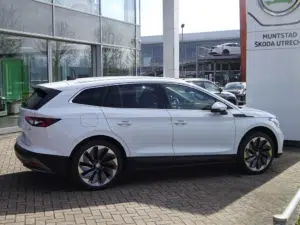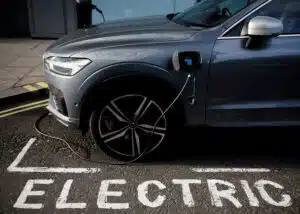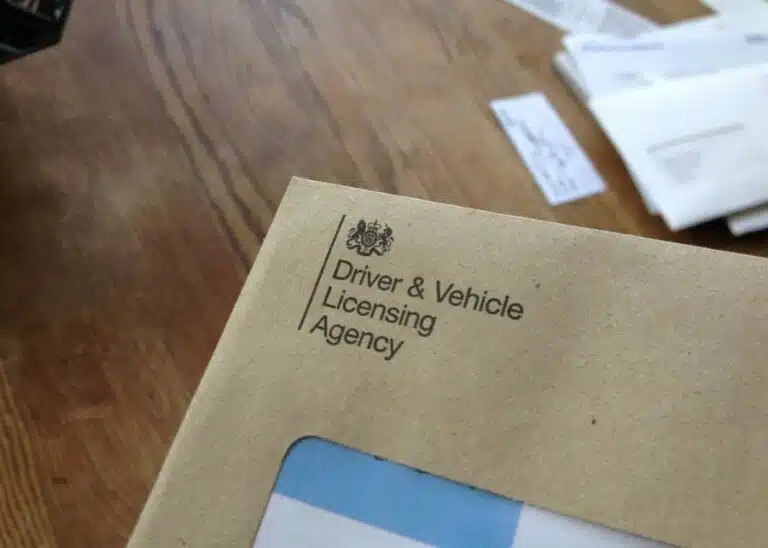To make sure that we get off on the right foot here, let’s just put it out there that the size of your engine doesn’t matter. But have you ever wondered what those small numbers mean next to your car’s model name? If you hadn’t realised that this describes your engine, you have now and this is what it means.
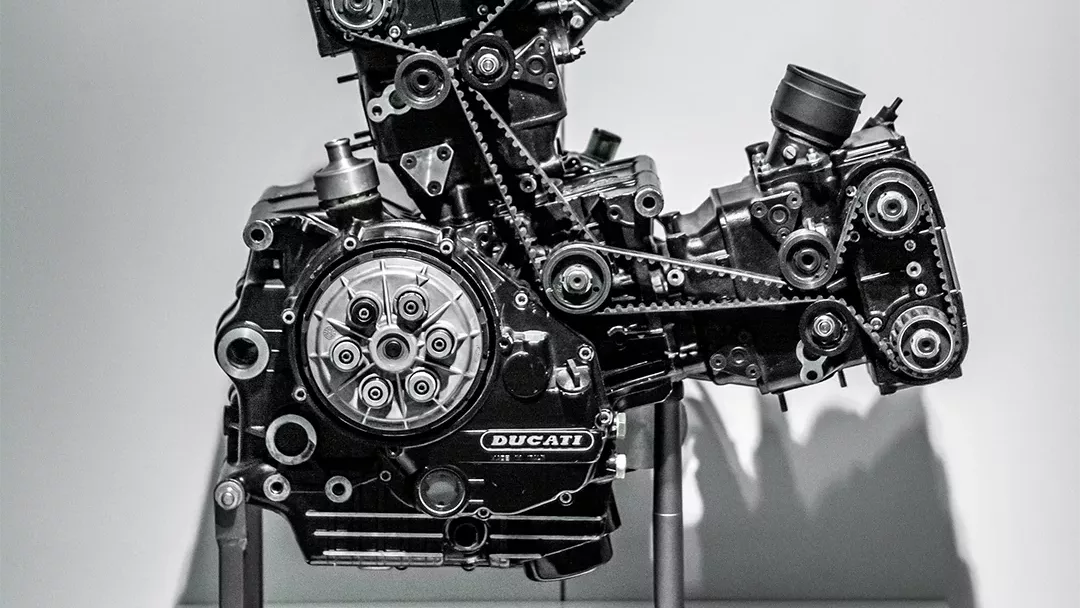
Car size engine explained
If you’re about to buy a car, then knowing what the impact that your engine size will have on fuel economy along with your insurance pricing is always a big help! Let’s start from the beginning…
Thanks to the strict emissions these days, manufacturers are investing more into power and efficiency and this has resulted in the introduction of smaller engines. This means that engine sizes are now coming half the size than they normally would have been.
There’s no doubt about, we often ignore the size of the engine when we’re buying a new car, mainly because we don’t have a clue about it and it’s too confusing. But it turns out, it’s actually something that you shouldn’t ignore.
What does engine size mean?
Often referred to as ‘engine capacity,’ this is the measurement of the total volume of the cylinders in the engine.
The way it works, the bigger the engine size, the more space there is for fuel and air inside. This is measured in cubic centimetres (cc). For example, a 1,000cc engine can hold one litre of air-fuel mixture and would be labelled as a 1.0-litre engine, get it?
It’s pretty straightforward if you think about it, a car with a bigger engine is obviously going to have more power than a car with a smaller engine. Or at least you’d think so, but thanks to modern cars these days turbocharged engines are all a craze, meaning that your small engines are much more powerful than they used to be.
Still with us? Great.
Generally, your larger engines produce more horsepower, meaning you burn more fuel.
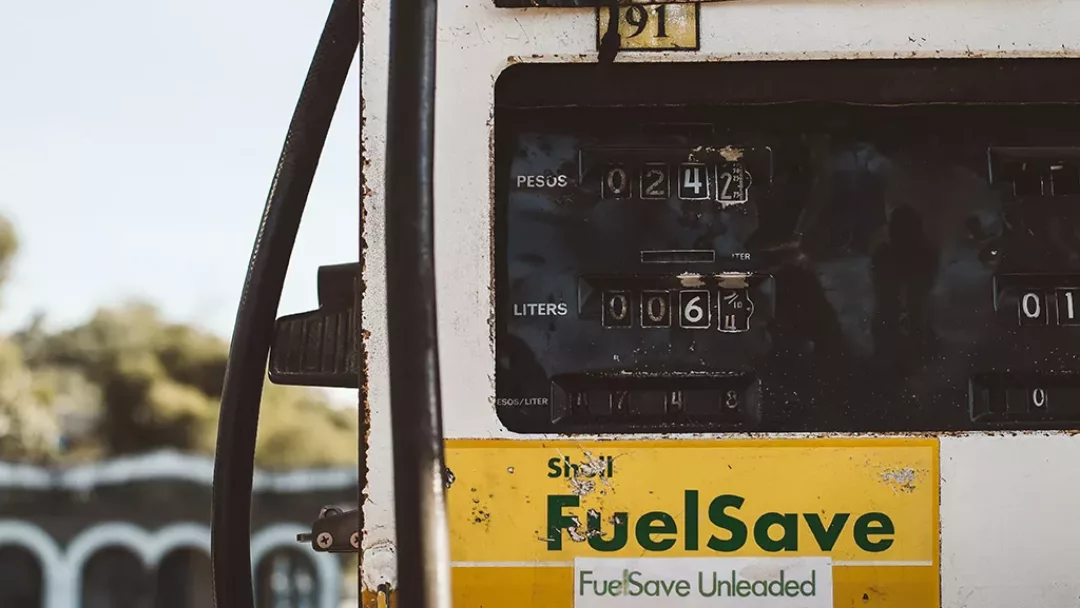
How does engine size affect fuel economy?
As you’ve probably gathered by now, the bigger the engine, the more power it can produce and the more fuel it’s able to burn, which means worse fuel economy.
Think of it like this, you’re out jogging and your friend decides to start sprinting instead, which one of you is going to burn out first?
It’s the same with your car too. Big engines sound great at the time and might make a great noise, but no doubt they’ll burn a small hole in your pocket at the same time too. Something to bear in mind when you are buying a new car. Why burn more fuel if you don’t have to?
What about insurance?
It’s like we’ve been saying this whole time, the bigger the engine, the more expensive everything seems to get and it’s the same with insurance too. The bigger your engine, the more expensive your insurance will probably be.
The usual pointers are also things like who you are, where your life, claims and also whether you have any no claims discount, you get the drift.
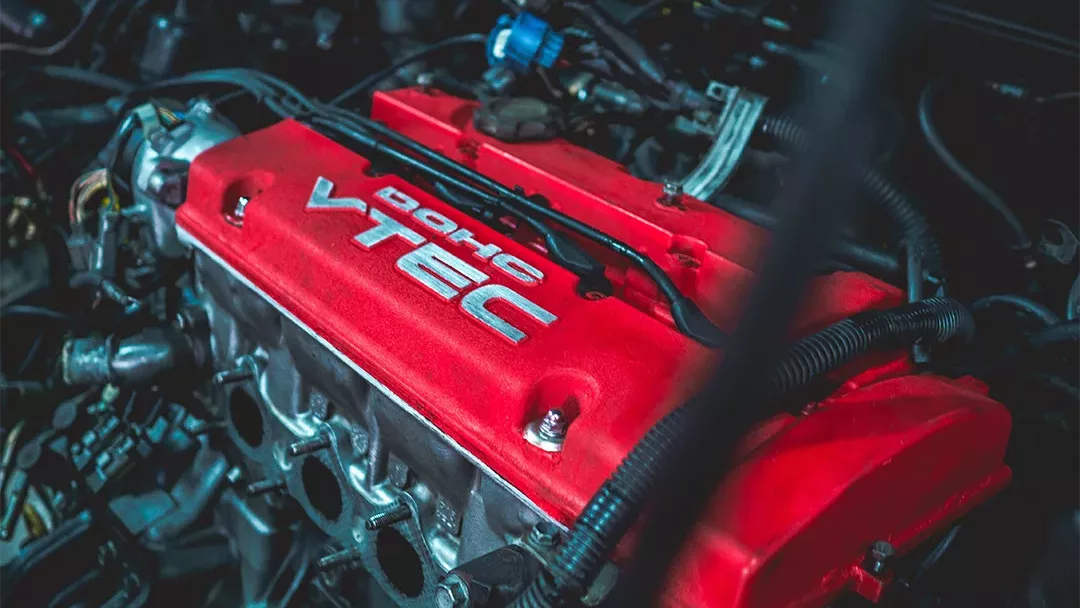
What engine size is right for you?
The answer to this question all boils down to what kind of lifestyle you have. If you’re a commuter, then something a little nippy and powerful might suit you better, turbocharged could be right up your street.
If you like going to town a lot, then a smaller engine might be more suitable for you as they tend to be better equipped for the shorter journeys. With that being said, the engine size shouldn’t be the only thing that you take into account when you’re deciding on a new car. There are so many more things to think about, for example:
- Safety
- Driving comfort
- Cost of insurance
- Design
- Space
- Cost and financing
With more and more options available these days for which car to buy, you’re spoilt for choice really but its always good to know exactly what you’re spending your money on.
If this whistle-stop tour on engine sizes has given you some background to help you make the best choice when selecting your next car, then we’ve done our job! If it’s made you look at your engine size and rethink your choice, maybe it’s time to get rid and go for a smaller option, let us help you with that.
Get a free online valuation by entering your registration. It’s quick, easy and convenient. Anything to make your life just that little bit easier when selling your car. You’ll be able to see how much you could get for your car in seconds!




















